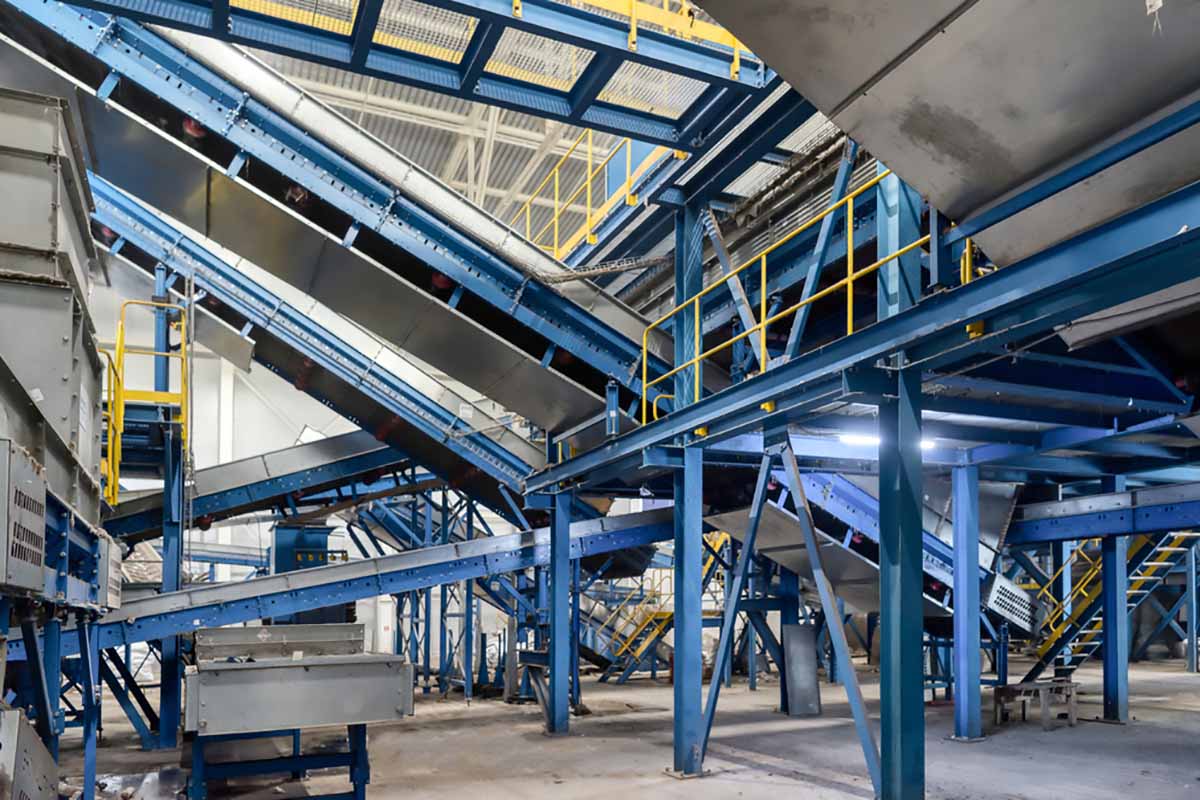
The city of McKinney, Texas evaluated several proposals for recycling services, eventually settling on Balcones, which scored 94.8 points out of 100 according to the city’s criteria. | Nordroden/Shutterstock
Balcones Resources was awarded the city of McKinney, Texas’ 15-year recycling contract, which includes plans to build a facility outside city limits. Continue Reading


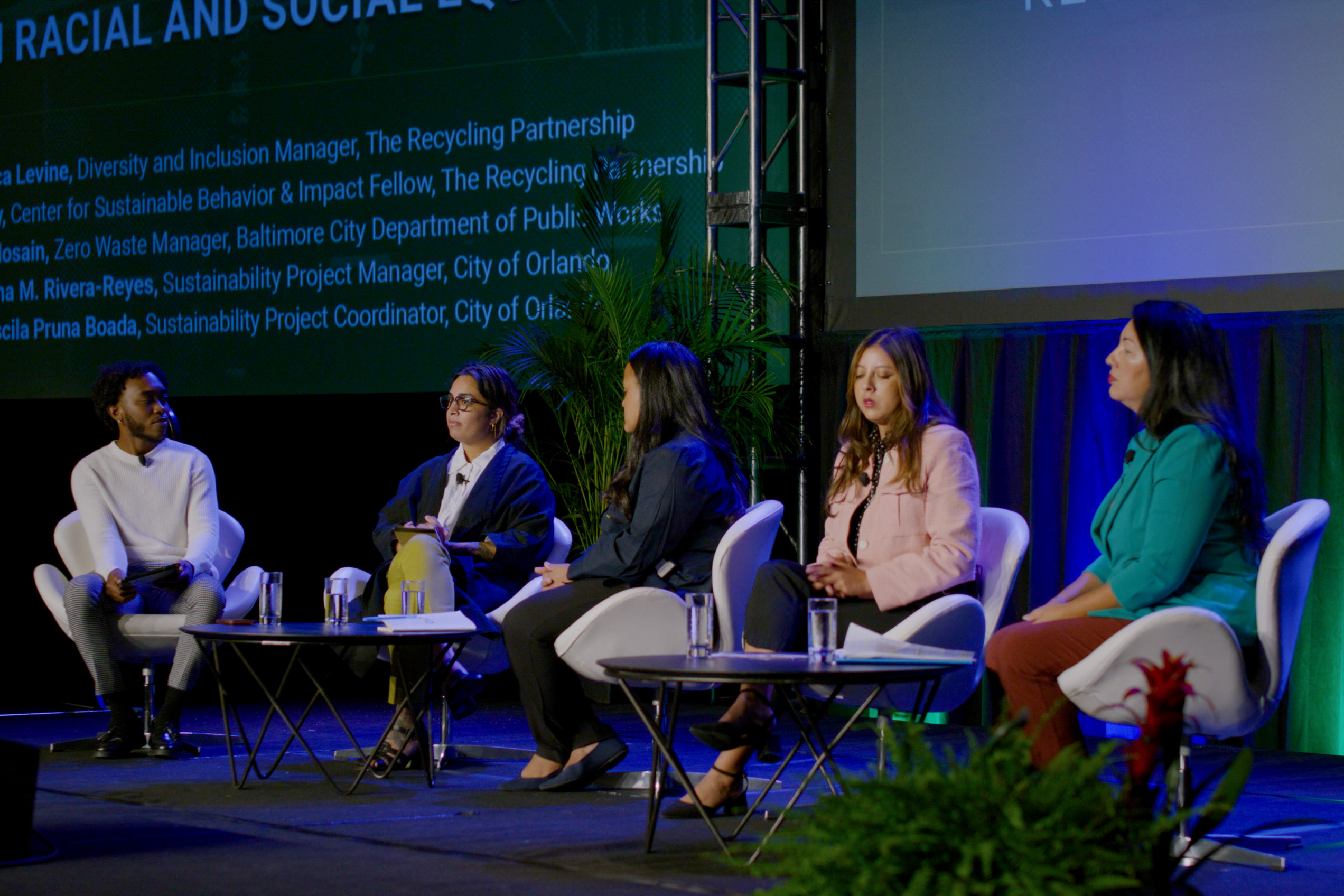
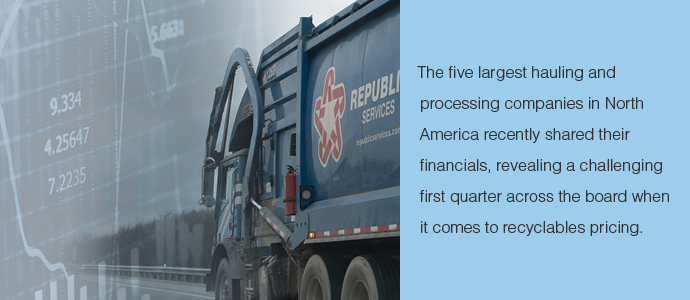
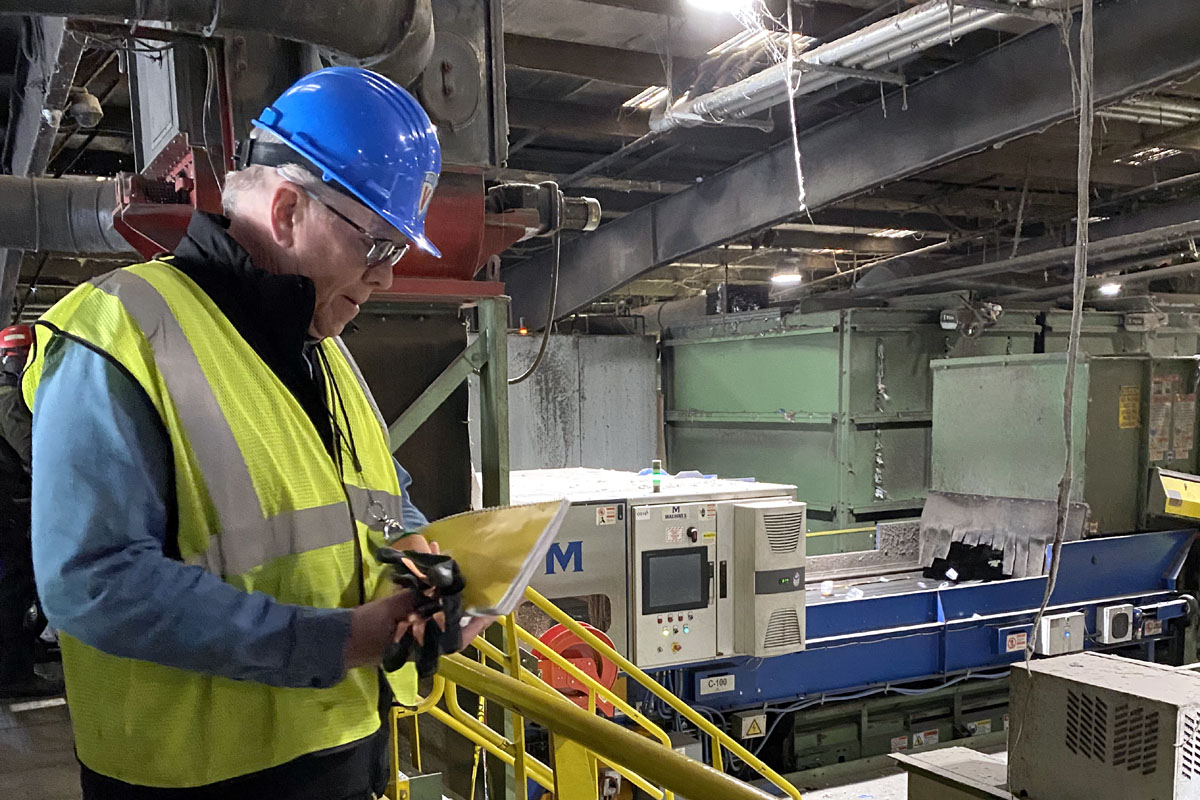
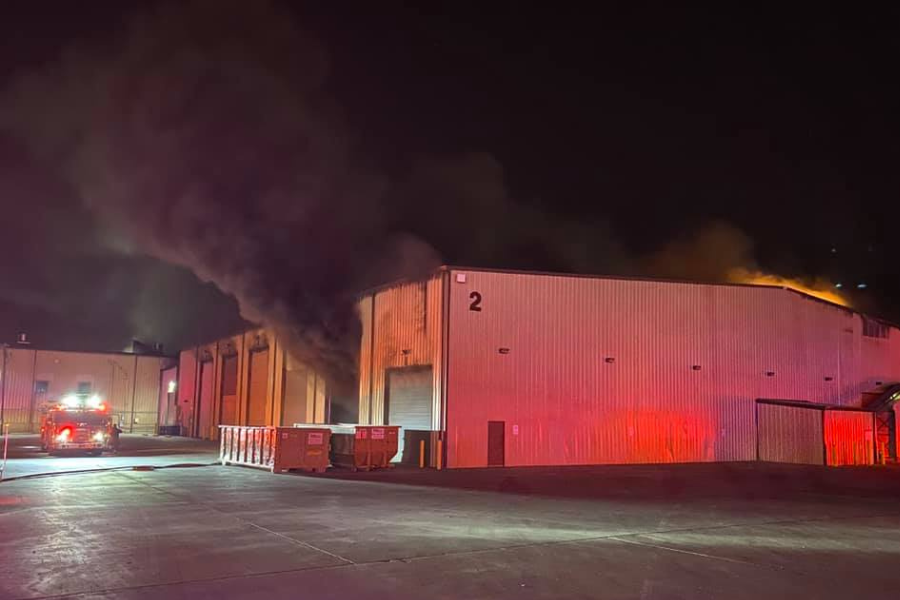

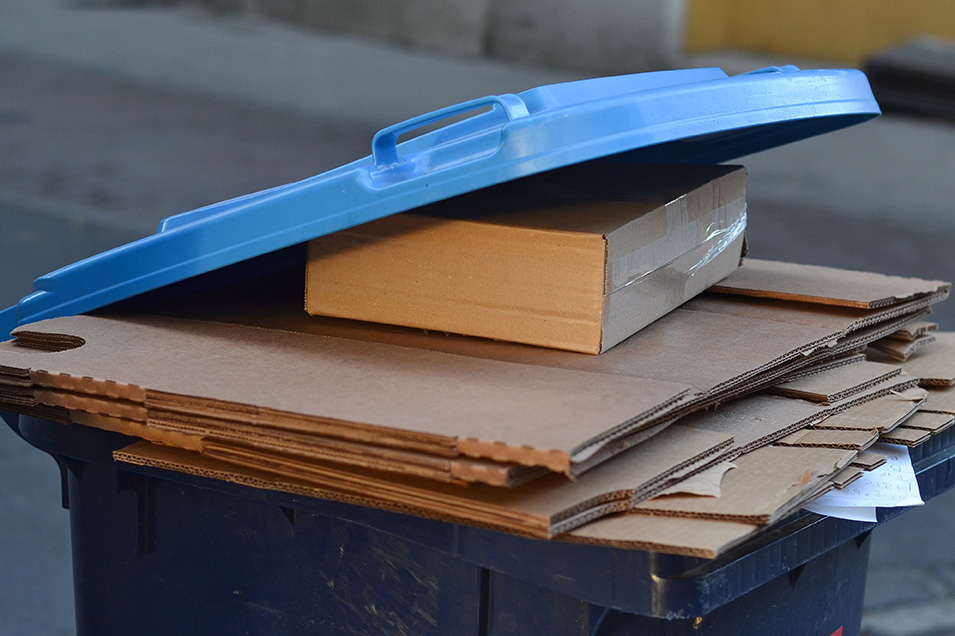
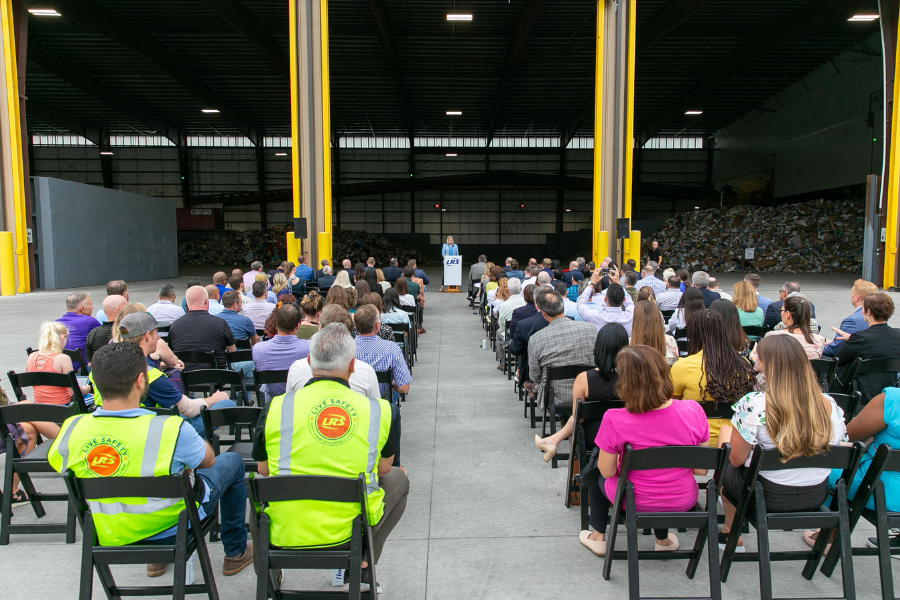
 Curbside high-density polyethylene scrap prices continue to play the limbo game, with each month bringing even lower prices than the last.
Curbside high-density polyethylene scrap prices continue to play the limbo game, with each month bringing even lower prices than the last.